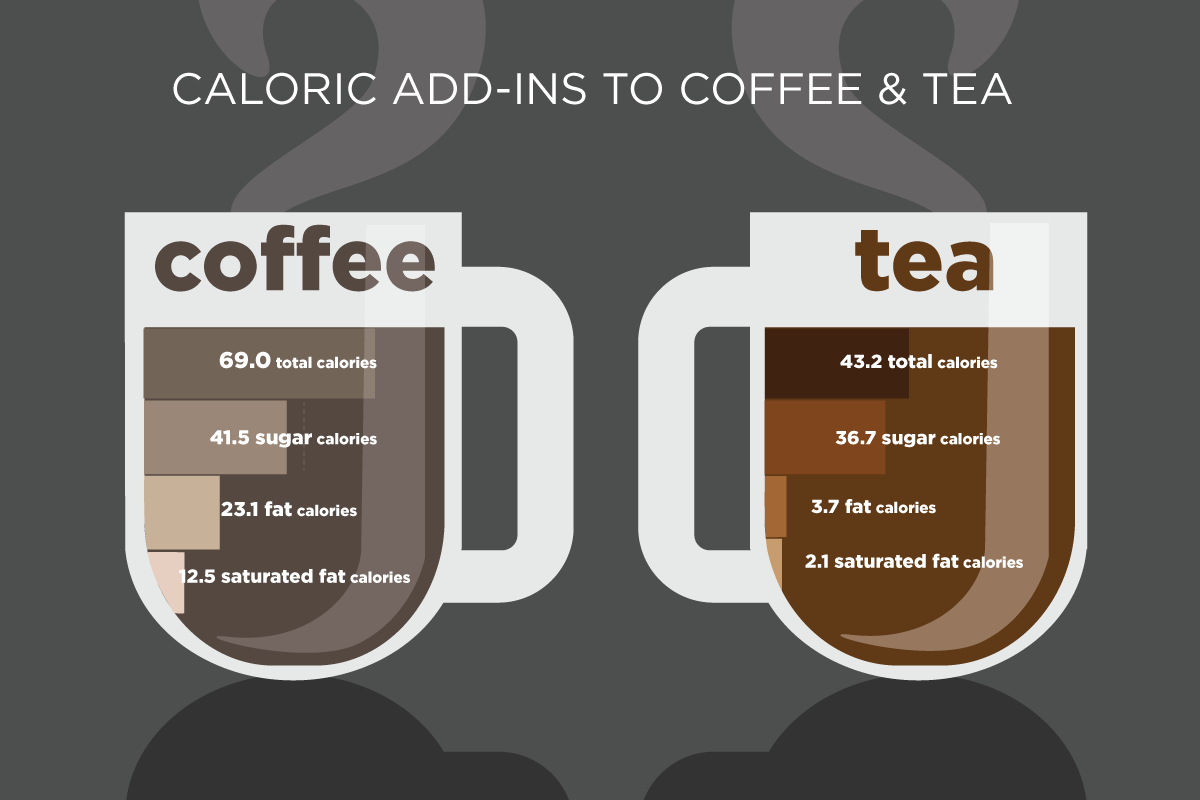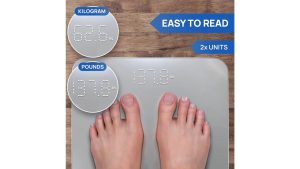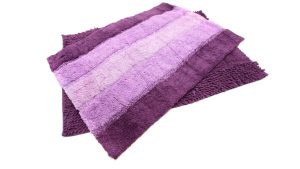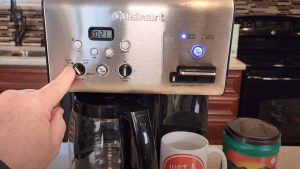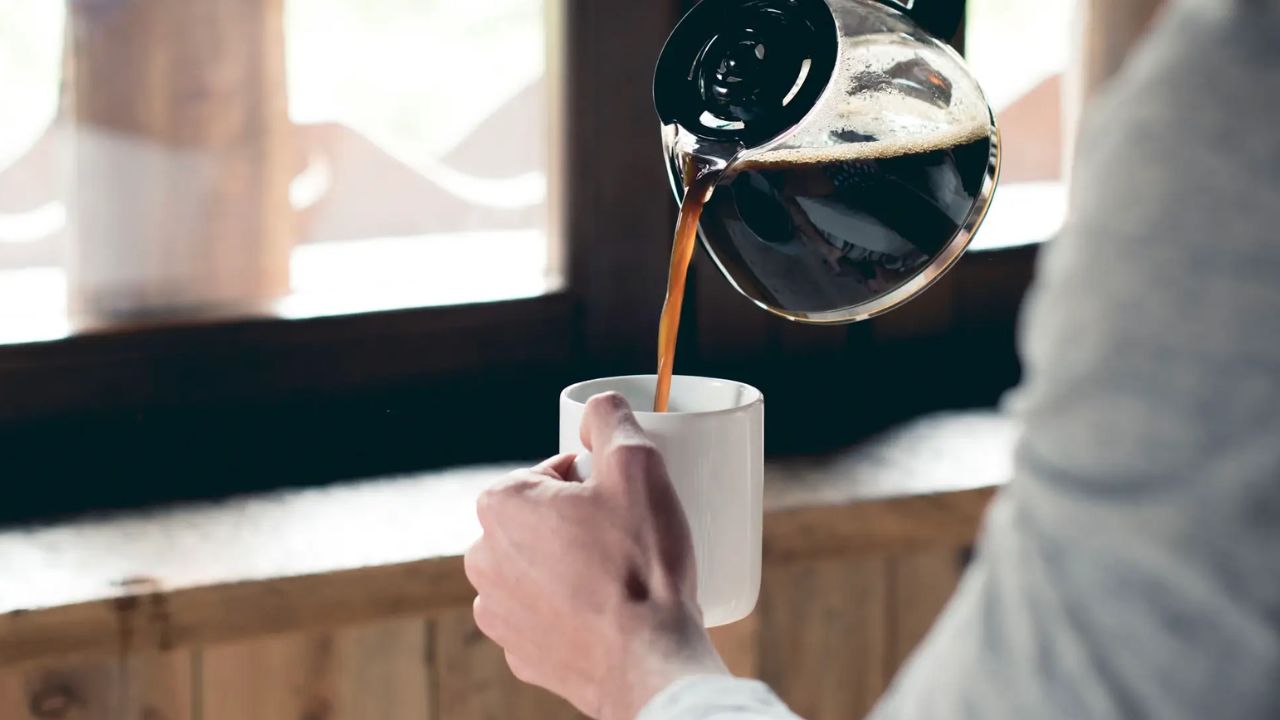Does Black Coffee Have Calories? Unveiling the Truth!

Yes, coffee has calories. Plain black coffee has about 2 calories per 8-ounce cup.
Coffee is a popular beverage enjoyed worldwide for its rich flavor and stimulating effects. Black coffee, made from water and coffee beans, contains minimal calories. Many people add milk, cream, sugar, or flavored syrups, increasing the calorie count. Specialty coffee drinks, like lattes and mochas, can have significantly more calories due to these additions.
Understanding the calorie content of your coffee can help manage your overall daily calorie intake. For those watching their weight, sticking to black coffee or using low-calorie sweeteners and milk alternatives is advisable. This way, you can enjoy your coffee without significantly impacting your calorie consumption.
The Caloric Content Of Coffee
Coffee is a beloved beverage worldwide, but many wonder about its caloric content. Does coffee contribute significantly to daily calorie intake? Let’s break down the caloric content of different types of coffee to give you a clearer picture.
Plain Black Coffee
Plain black coffee is very low in calories. An 8-ounce cup of plain black coffee typically contains:
- Calories: 2
- Fat: 0 grams
- Protein: 0 grams
- Carbohydrates: 0 grams
These low numbers make black coffee an excellent choice for those watching their weight. It’s the added ingredients like milk, cream, and sugar that increase the calorie count.
Espresso’s Energy
Espresso is another popular coffee option. A single shot of espresso contains:
- Calories: 3
- Fat: 0 grams
- Protein: 0 grams
- Carbohydrates: 1 gram
Espresso is slightly higher in calories than black coffee but still very low. It’s a concentrated form of coffee, providing a bold flavor without many calories.
Both plain black coffee and espresso have minimal calories, making them ideal for calorie-conscious individuals.
Additives And Their Impact
Coffee itself has minimal calories. It’s the additives that often increase the calorie count. Understanding the impact of these additives helps you make informed choices.
Sugar And Sweeteners
Adding sugar or sweeteners to your coffee can significantly increase its calorie content. One teaspoon of sugar has about 16 calories. Imagine adding multiple teaspoons each day.
Artificial sweeteners like aspartame or sucralose have fewer calories. They are popular among those watching their weight. Some people prefer natural sweeteners like honey or agave syrup. These options still contain calories but are often considered healthier.
| Sweetener | Calories per Teaspoon |
|---|---|
| White Sugar | 16 |
| Honey | 21 |
| Aspartame | 0 |
Cream And Milk Variations
The type of cream or milk you add to your coffee also affects its calorie count. Whole milk has around 9 calories per tablespoon. Heavy cream contains about 52 calories per tablespoon.
Non-dairy milk alternatives like almond or soy milk are often lower in calories. Almond milk has around 2 calories per tablespoon, while soy milk has about 6 calories per tablespoon.
- Whole Milk: 9 calories per tablespoon
- Heavy Cream: 52 calories per tablespoon
- Almond Milk: 2 calories per tablespoon
- Soy Milk: 6 calories per tablespoon
If you prefer a creamy coffee, consider using lower-calorie options. This helps keep your calorie intake in check.
Specialty Coffees And Calorie Counts
Specialty coffees are delightful but can be calorie-heavy. Knowing their calorie counts helps you make healthier choices. Let’s explore some popular options.
Mocha And Latte Differences
A Mocha blends espresso, steamed milk, and chocolate syrup. This makes it sweet and creamy. It can contain 250-400 calories, based on size and ingredients.
A Latte mixes espresso with steamed milk and a light foam layer. It’s less sweet than a mocha. A typical latte has 150-220 calories.
| Coffee Type | Calories |
|---|---|
| Mocha | 250-400 |
| Latte | 150-220 |
Frappuccino Vs. Cappuccino
A Frappuccino is a cold, blended coffee drink. It often includes whipped cream and syrups. This makes it high in calories, ranging from 300-500 per serving.
A Cappuccino combines equal parts espresso, steamed milk, and foam. It’s lighter than a Frappuccino. A cappuccino typically has 80-120 calories.
| Coffee Type | Calories |
|---|---|
| Frappuccino | 300-500 |
| Cappuccino | 80-120 |
Syrups And Flavorings
When you think about coffee, calories might not come to mind. But, adding syrups and flavorings can change that. These additions can turn a simple cup into a calorie-rich treat. Let’s explore how different flavorings add calories to your coffee.
Vanilla And Caramel Additions
Vanilla and caramel syrups are popular choices. They make your coffee sweet and delicious. But they also add extra calories.
| Flavoring | Calories per Pump |
|---|---|
| Vanilla Syrup | 20 |
| Caramel Syrup | 25 |
A typical serving might include three pumps of syrup. That means:
- 60 calories from vanilla syrup
- 75 calories from caramel syrup
These calories add up quickly. You might not realize how much you’re consuming.
Seasonal Syrup Splurges
Seasonal syrups bring festive flavors to your coffee. Think pumpkin spice in fall or peppermint in winter.
| Seasonal Flavoring | Calories per Pump |
|---|---|
| Pumpkin Spice | 30 |
| Peppermint | 20 |
Seasonal drinks often have multiple pumps:
- 90 calories from three pumps of pumpkin spice
- 60 calories from three pumps of peppermint
These special treats can make your coffee indulgent. But they also add a lot of calories.
Coffee Shop Choices
Choosing your coffee at a shop can impact your calorie intake. Different shops offer a variety of drinks. Each drink has its own calorie count. Let’s explore what you can find at chain stores and independent cafes.
Chain Store Offerings
Chain coffee shops like Starbucks and Dunkin’ provide many options. Their menu includes basic black coffee, which has very few calories.
| Drink | Calories |
|---|---|
| Black Coffee | 2 |
| Latte | 150 |
| Mocha | 250 |
Specialty drinks often contain syrups and whipped cream, adding more calories. A grande mocha can have up to 250 calories. Be mindful of these extras.
- Basic black coffee: Few calories
- Lattes and cappuccinos: More calories due to milk
- Frappuccinos: High in sugar and calories
Independent Cafe Delights
Independent cafes offer unique and handcrafted beverages. These drinks often use high-quality ingredients. You may find special blends and brewing methods.
Special ingredients may include organic milk, which can increase calories. Some cafes use natural sweeteners like honey or agave.
- Specialty blends: Unique flavors
- Natural sweeteners: Healthier options
- Organic milk: Higher calorie content
Independent cafes also offer seasonal drinks that change throughout the year. These drinks can vary in calorie content. Always ask about ingredients to make informed choices.
Credit: news.illinois.edu
The Role Of Coffee In Diets
Coffee is a popular beverage enjoyed by millions worldwide. It’s often part of daily routines. But does coffee fit into various diet plans? Let’s explore the role of coffee in diets, particularly in weight loss and specific diet plans like Keto and Paleo.
Coffee In Weight Loss Plans
Coffee can be an ally in weight loss. It has very few calories when consumed black. A cup of black coffee has about 2 calories. Adding sugar or cream increases the calorie count.
Caffeine in coffee can boost metabolism. A faster metabolism helps burn more calories. This is beneficial for weight loss. Caffeine also acts as an appetite suppressant. Drinking coffee can reduce hunger, helping to control calorie intake.
Including coffee in a weight loss plan is easy. Drink it black or with minimal additives. Avoid high-calorie coffee drinks like lattes and frappuccinos.
Keto And Paleo Considerations
The Keto and Paleo diets are popular for weight loss and health. Coffee can fit into both diets with some considerations.
Keto Diet: The Keto diet is low in carbs and high in fats. Black coffee has no carbs, making it suitable for Keto. Many people on Keto add MCT oil or butter to coffee. This creates a drink called Bulletproof coffee. Bulletproof coffee provides energy and helps stay in ketosis.
Paleo Diet: The Paleo diet focuses on whole, unprocessed foods. Black coffee is allowed on Paleo. It’s important to avoid adding sugar or artificial creamers. Opt for natural sweeteners like honey or coconut milk if needed.
Here’s a simple comparison of coffee’s role in these diets:
| Diet | Allowed Coffee | Preferred Additives |
|---|---|---|
| Keto | Black Coffee | MCT Oil, Butter |
| Paleo | Black Coffee | Honey, Coconut Milk |
In both diets, keeping coffee simple and unprocessed is key. This helps maintain the diet’s principles while enjoying your daily cup of coffee.
Decaffeinated Coffee: A Lower Calorie Option?
Decaffeinated coffee is often seen as a healthier choice. Many believe it has fewer calories than regular coffee. But is this true? Let’s explore if decaf is a lower calorie option.
Decaf Process And Calories
Decaf coffee goes through a special process to remove caffeine. This process can involve using water, solvents, or carbon dioxide. The key question is: does this process change the calorie count?
During decaffeination, the coffee beans are soaked and rinsed multiple times. This removes caffeine but leaves most nutrients intact. Calories in decaf coffee come from the small amounts of protein and natural oils in the beans.
On average, an 8-ounce cup of decaf coffee contains about 2 calories. This is similar to regular coffee, which also has around 2 calories per cup.
Comparing Regular And Decaf
| Type of Coffee | Calories per 8-ounce Cup |
|---|---|
| Regular Coffee | 2 |
| Decaffeinated Coffee | 2 |
The calorie difference between regular and decaf coffee is minimal. Both contain roughly the same amount of calories. The main difference is the caffeine content.
If you are watching your calorie intake, both types of coffee are excellent choices. The real calorie culprit is often what you add to your coffee. Sugar, cream, and flavored syrups can significantly increase calories.
Here are some tips to keep your coffee low-calorie:
- Drink it black.
- Use skim milk instead of cream.
- Limit added sugar.
In summary, decaf coffee does not have fewer calories than regular coffee. Both are low-calorie drinks and suitable for any diet.
Homemade Coffee: Controlling Caloric Intake
Coffee is a beloved beverage worldwide. Many people wonder about its caloric content. Homemade coffee lets you control your caloric intake. By making coffee at home, you manage what goes into your cup. This section explores how you can brew and customize your coffee to keep it healthy and low-calorie.
Diy Coffee Brewing
Brewing coffee at home offers many benefits. You can choose the beans, grind size, and brewing method. This control helps ensure your coffee stays healthy and low-calorie. Consider these popular brewing methods:
- Drip Coffee: Easy and convenient.
- French Press: Rich and flavorful.
- Pour Over: Clean and crisp.
- Espresso: Strong and bold.
Each method offers a unique taste experience. The right method depends on your preference. Remember, plain black coffee is almost calorie-free.
Healthier Home Additions
Enhance your coffee with healthier ingredients. Avoid high-calorie creamers and sugars. Here are some healthier options:
| Ingredient | Calories (per serving) |
|---|---|
| Almond Milk | 30 |
| Coconut Milk | 45 |
| Stevia | 0 |
| Cinnamon | 2 |
These additions keep your coffee tasty and low-calorie. Consider using these tips:
- Measure Your Additions: Be mindful of serving sizes.
- Use Natural Sweeteners: Choose options like honey or stevia.
- Experiment with Spices: Add flavors like cinnamon or nutmeg.
By controlling your ingredients, you maintain a healthy coffee habit. Enjoy a delicious cup without the extra calories.
Frequently Asked Questions
Does Coffee Have 0 Calories?
Plain black coffee has almost 0 calories. Adding milk, sugar, or flavorings increases the calorie count. Enjoy it plain for minimal calories.
Can I Drink Coffee While Fasting?
Yes, you can drink coffee while fasting. Black coffee won’t break your fast and can even enhance fat burning. Avoid adding sugar or cream.
How Many Calories Are In Black Coffee?
Black coffee contains virtually zero calories. A standard 8-ounce cup has about 2 calories, making it a low-calorie beverage.
Is Coffee Good During Weight Loss?
Yes, coffee can help with weight loss. It boosts metabolism and increases fat burning. Limit added sugars and high-calorie creamers.
Does Black Coffee Have Calories?
Yes, black coffee has very few calories, usually around 2 calories per 8-ounce cup.
How Many Calories In A Cup Of Coffee?
A standard 8-ounce cup of black coffee contains about 2 calories.
Do Coffee Additives Add Calories?
Yes, sugar, cream, and flavored syrups significantly increase the calorie content of coffee.
Is Coffee Calorie-free Without Sugar?
Almost. Black coffee has about 2 calories per cup, but no sugar means no additional calories.
Conclusion
Understanding coffee’s caloric content helps make informed choices. Black coffee is low in calories. Additives increase calorie count. Choose wisely to enjoy your coffee without extra calories. Always check nutrition labels. Enjoy your coffee in moderation to maintain a balanced diet.

:max_bytes(150000):strip_icc()/black-coffee_annotated-dc9e981c8fec4d5a9ba5ad5887d06d57.jpg)
